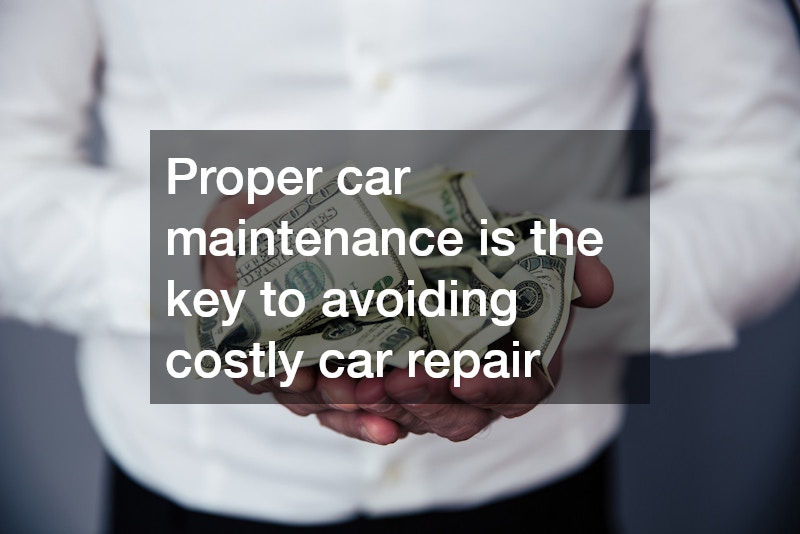Top Car Maintenance Tips From a Mechanic
Keeping your car in excellent condition is crucial for safety, performance, and longevity. Regular maintenance not only prevents breakdowns but also saves you money in the long run by avoiding costly car repair. As a mechanic with years of experience, I’ve compiled essential car maintenance tips that every car owner should know. Following these tips will help your vehicle run smoothly and reduce the chances of unexpected repairs.
1. Regular Oil Changes
One of the most important aspects of car maintenance is keeping your engine oil fresh. Oil lubricates your engine’s moving parts, reduces friction, and prevents overheating. Over time, oil breaks down and loses its effectiveness, which can lead to serious engine damage. Mechanics recommend changing your oil every 5,000 to 7,500 miles, depending on your car and oil type. Neglecting oil changes can result in expensive car repair, including damaged pistons or engine failure. Always use the recommended oil type and check the oil level regularly.
2. Check and Replace Air Filters
A clean air filter ensures your engine receives the proper amount of airflow, improving fuel efficiency and performance. A clogged air filter makes your engine work harder, which can lead to increased fuel consumption and even engine issues that require car repair. Inspect your air filter at least every 12,000 miles or more frequently if you drive in dusty conditions. Replacing a dirty air filter is inexpensive and an easy way to avoid bigger problems down the road.
3. Monitor Tire Health
Tires are often overlooked but are critical for vehicle safety and performance. Check tire pressure monthly, rotate your tires every 5,000 to 7,000 miles, and replace them when the tread wears down. Properly maintained tires improve fuel efficiency, handling, and braking performance. Ignoring tire care can lead to blowouts or uneven wear, which may result in car repair or even accidents. Regular inspections allow you to catch potential issues early and extend the life of your tires.
4. Keep an Eye on Brakes
Brakes are essential for your safety, and worn brake pads or rotors can compromise your ability to stop efficiently. Listen for squealing or grinding noises and pay attention to changes in brake performance. If you notice a decrease in braking efficiency, it’s crucial to visit a mechanic immediately. Timely brake maintenance prevents more extensive damage and costly car repair. Replacing brake pads and rotors as needed is much cheaper than dealing with complete brake system failure.
5. Maintain Your Battery
Car batteries typically last three to five years. Corrosion on battery terminals or a weak battery can leave you stranded and lead to expensive car repair if ignored. Regularly inspect the battery for corrosion, clean the terminals, and ensure it’s properly charged. If your battery is old, replace it proactively to avoid inconvenient breakdowns. A well-maintained battery ensures your vehicle starts reliably in all conditions.
6. Check Fluids Regularly
Your car relies on various fluids to operate efficiently, including coolant, transmission fluid, brake fluid, and power steering fluid. Low or dirty fluids can cause overheating, transmission issues, or brake failure. Inspect fluid levels monthly and top them off as needed. For major fluid changes, follow your manufacturer’s recommendations or consult a mechanic. Regular fluid maintenance is a simple step that helps prevent costly car repair and keeps your vehicle running smoothly.
7. Inspect Belts and Hoses
Belts and hoses may seem minor, but they play a critical role in your engine’s function. A worn belt can snap, leading to engine overheating or failure, while a cracked hose can cause leaks that require urgent car repair. Check for signs of wear, cracks, or fraying, and replace them according to your car’s maintenance schedule. Preventive inspection saves you from unexpected breakdowns and expensive repairs.
8. Don’t Ignore Warning Lights
Modern vehicles come equipped with dashboard warning lights for a reason. Ignoring them can lead to severe engine or transmission damage. If a warning light appears, schedule a car repair check immediately. Early detection of problems often prevents more extensive and costly repairs, protecting both your car and your wallet.
9. Keep Your Car Clean
While it may seem unrelated to mechanical health, keeping your car clean—both inside and out—prevents rust, corrosion, and wear. Regular washing and waxing protect your paint, while cleaning the interior keeps components like seats, dashboard, and electronics in good shape. A well-maintained car is less likely to require expensive repairs in the long term.
Proper car maintenance is the key to avoiding costly car repair and keeping your vehicle running efficiently. By following these tips—from regular oil changes and air filter checks to tire maintenance, brake inspections, and fluid monitoring—you can extend the life of your car and ensure your safety on the road. Remember, proactive maintenance is far less expensive than emergency repairs, so make these habits part of your routine. Treat your car well, and it will take care of you.




